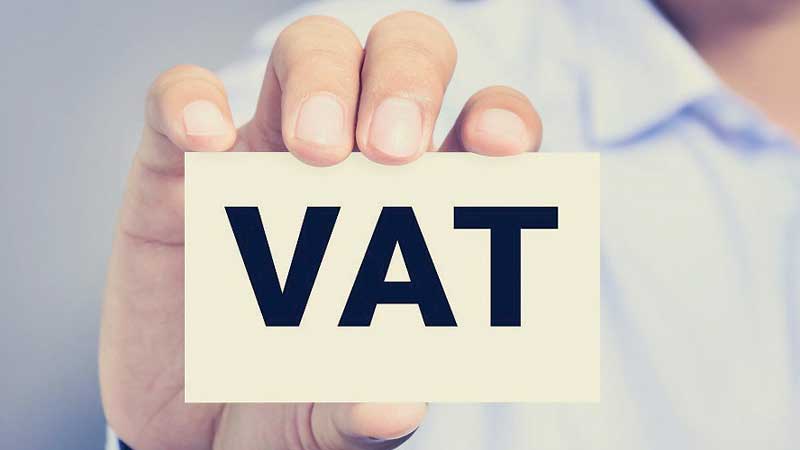


With Value Added Tax (VAT) on the anvil of introduction in Oman, the most common question that a business owner or a financial controller of the company faces is “what is it that I should do to prepare for this new law and compliance requirements there under?”
What one often overlooks is that this could be an opportunity for some businesses to organise themselves efficiently and also in some cases take advantage of this.
Going by the learnings from UAE, Bahrain and Saudi Arabia, it is very important to ensure implementation of VAT is prepared for in a systematic manner.
Firstly, one should engage in the implementation process with experienced professionals who on the basis of their past experiences can ably guide the organisation to avoid some of the common mistakes.
Engaging these experts will certainly smoothen out the complexities in the implementation process by ensuring an effective and well covered implementation which will help avoid penalties.
It is important to note that an organisation has to begin with carrying out an impact assessment to assess the level of readiness required to get the organisation VAT ready.
An impact assessment would typically involve identifying and assessing the following:
Business Processes and Cash flows: Every business process must identify their issues to work on to ensure successful VAT implementation.
IT Systems: Analysis of IT systems to identify the changes that are required to be made to such systems.
Transaction mapping: Impact of VAT introduction on all the transactions taking place in the normal course of business.
Awareness sessions: Conducting awareness sessions to make the staff aware about the basic concepts of VAT.
An impact assessment is a foundation for the pre-implementation process. Pre-implementation process is a crucial step in ensuring that all the gaps identified in the impact assessment step are corrected.
Pre-implementation process generally consists of following and points mentioned below:
n Evaluating the impact of transitional provisions on the organisation.
n Preparation of VAT Compliance manuals.
n Evaluation of document formalities for VAT implementation.
Contract Review: Review the contracts entered into with customers/vendors from VAT perspective.
User Acceptance Testing: A test run of the IT systems after the IT systems have been changed and made ready for VAT.
Functional Training: All the functions like HR, Legal, IT, Finance, Sales, Procurement etc shall be trained
Accounting treatment: Accounts must evaluate accounting treatment on the various transactions due to VAT.
Such steps will help keep the organisation on track for a successful and effective VAT implementation.
Stay tuned for our further updates on VAT. [Nirav Shah is a Collaboration Partner with HC Shah Chartered Accountants (Oman) for VAT Advisory, Email: vat@hcshah.co]
Oman Observer is now on the WhatsApp channel. Click here



